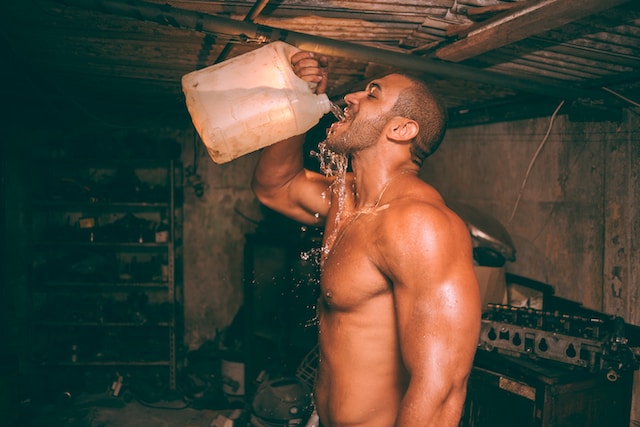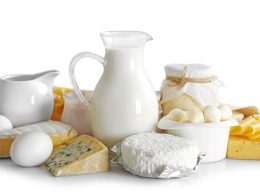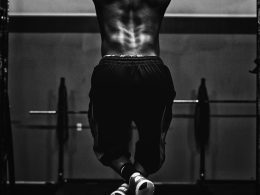Introduction: Staying properly hydrated is essential for overall health and well-being, especially when engaging in physical activities such as working out at the gym. Water plays a crucial role in maintaining bodily functions, regulating body temperature, and maximizing exercise performance. However, determining the appropriate amount of water to drink during a gym session can be challenging. This article aims to shed light on the importance of hydration and provide guidelines on how much water you should drink at the gym.
The Significance of Hydration: Water is a fundamental component of our bodies, accounting for about 60% of our total body weight. During exercise, our bodies lose water through sweating, leading to dehydration if not adequately replenished. Dehydration can negatively impact physical performance, cognition, and overall health. It can result in symptoms such as fatigue, dizziness, muscle cramps, and reduced endurance.
Factors Affecting Hydration Needs: Several factors influence an individual’s hydration requirements during exercise. These include the intensity and duration of the workout, environmental conditions, individual sweat rate, and body size. Intense and prolonged workouts, especially in hot and humid environments, increase fluid loss through sweat, necessitating a higher water intake.
General Hydration Guidelines: To maintain proper hydration levels during a gym session, it is advisable to follow general hydration guidelines. The American College of Sports Medicine (ACSM) recommends drinking 16-20 ounces (approximately 475-590 ml) of water two to three hours before exercise. Additionally, they suggest consuming 8-10 ounces (approximately 240-295 ml) of water 10-20 minutes before starting the workout.
During the gym session, it is crucial to drink water at regular intervals to compensate for fluid losses. The ACSM advises consuming 7-10 ounces (approximately 210-295 ml) of water every 10-20 minutes during exercise. However, individual fluid needs may vary, so it is essential to listen to your body and adjust accordingly.
Post-Workout Hydration: Rehydrating after a gym session is equally important. Aim to drink 20-24 ounces (approximately 590-710 ml) of water for every pound (0.45 kg) lost during exercise. Weighing yourself before and after the workout can help estimate your fluid loss and guide your rehydration efforts.
Sports Drinks vs. Water: While water is generally sufficient for most gym-goers, those engaging in prolonged and intense workouts may benefit from sports drinks. Sports drinks contain electrolytes like sodium and potassium, which help replenish minerals lost through sweat. However, be cautious of the sugar content in some sports drinks, as excessive consumption can hinder your fitness goals.
Listening to Your Body: Although general guidelines provide a good starting point, it’s essential to listen to your body’s signals regarding hydration. Factors such as thirst, urine color, and overall well-being can indicate your hydration status. Thirst is a late indicator of dehydration, so it’s advisable not to rely solely on thirst as a reminder to drink water.
Conclusion: Proper hydration is vital for optimal gym performance and overall health. The amount of water you should drink at the gym depends on various factors such as workout intensity, duration, sweat rate, and environmental conditions. Following general hydration guidelines and paying attention to your body’s signals can help ensure you stay adequately hydrated during your gym sessions. Remember, individual fluid needs may vary, so it’s important to adjust accordingly. Stay hydrated and maximize your fitness potential!












